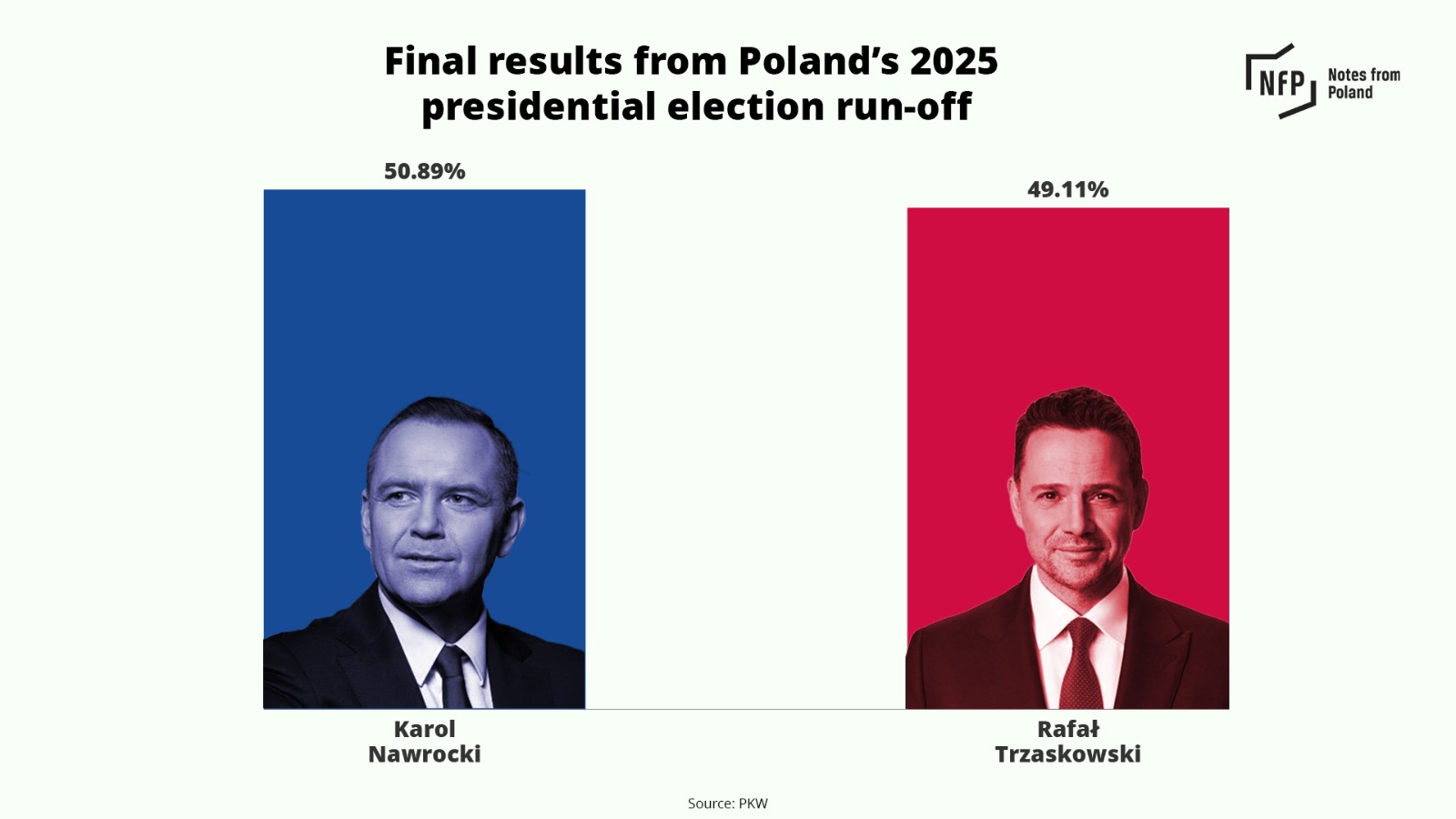
Karol Nawrocki’s Presidential Win Shakes Poland’s Political Landscape
So, big news from Poland—Karol Nawrocki has just been elected president, and although the role is largely ceremonial, this is a political earthquake with real consequences. Let’s break it down.
At 42, Nawrocki might be new to electoral politics, but don’t be fooled—this man is stepping into the spotlight with serious backing and bold conservative convictions. He’s a historian by trade, deeply rooted in patriotic and Catholic values, and has aligned himself with the Law and Justice party (PiS), Poland’s conservative heavyweight. They lost power about 18 months ago to Donald Tusk’s pro-EU coalition, and Nawrocki’s victory has electrified their base. Many see this as the first step towards PiS reclaiming national power.
Now here’s where it gets interesting. Even though the president’s role is mostly symbolic, the office comes with veto power—and Tusk’s coalition doesn’t have enough seats in parliament to override it. That gives Nawrocki the ability to block almost any legislative move he disagrees with, and based on his campaign promises, there’s a long list. He’s firmly against liberalising abortion laws, same-sex civil partnerships, expanding wind energy, and removing political influence from the judiciary—all key pillars of Tusk’s platform.
Also Read:- Popovic’s Socceroos Aim High in Crucial Qualifiers Against Japan and Saudi Arabia
- What the Stars Say This Week: Your Horoscope from June 2 to June 8, 2025
And it’s not just policy—it’s also strategy. Nawrocki’s win was razor-thin, reminiscent of the tight race five years ago, but he’s not pretending to be a president for all. He made it clear that he represents the “patriotic camp,” and that kind of rhetoric is only going to widen the political divide in Poland. His opponents worry this could push the country toward early elections if gridlock becomes unmanageable.
He’s also taken some hardline stances on international issues. While he supports aid to Ukraine, he doesn’t back their NATO or EU membership bids while Russia’s aggression continues. He’s skeptical of the EU’s Green Deal, claiming it would hurt Polish farmers, and wants to resist ceding more national power to Brussels. In fact, his entire foreign policy posture leans heavily on nationalism and distancing Poland from what he views as overreach by the EU and Germany.
What’s more, Nawrocki has found a kindred spirit in Donald Trump. His campaign received praise from Trump’s allies, including Homeland Security’s Kristi Noem, who called him a “strong” leader. That endorsement wasn’t just symbolic—it underlined Nawrocki’s political style: combative, unapologetic, and populist.
It’s worth noting that his path to victory wasn’t without controversy. He was hit with serious allegations late in the campaign—everything from owning undeclared property to accusations involving misconduct at a luxury hotel. He denied the claims, called them lies, and kept pushing forward. It didn’t sink him—in fact, it may have even helped rally voters who saw him as a victim of political smears.
So, what does all this mean going forward? In short, expect political warfare in Warsaw. Tusk will struggle to get anything passed. Judicial reform? Abortion access? LGBTQ rights? All likely dead in the water for the foreseeable future. And with Nawrocki in office until 2030, that gridlock could shape Poland's political future well beyond the next parliamentary elections in 2027.
Ultimately, Nawrocki’s win is a signal that Poland remains a deeply divided country. It’s not just about policy anymore—it’s about identity, culture, and the future direction of the nation. Whether you view him as a protector of traditional values or a block to progress, one thing is clear: Karol Nawrocki is not here to play nice, and Polish politics just got a whole lot tougher.
Read More:



0 Comments